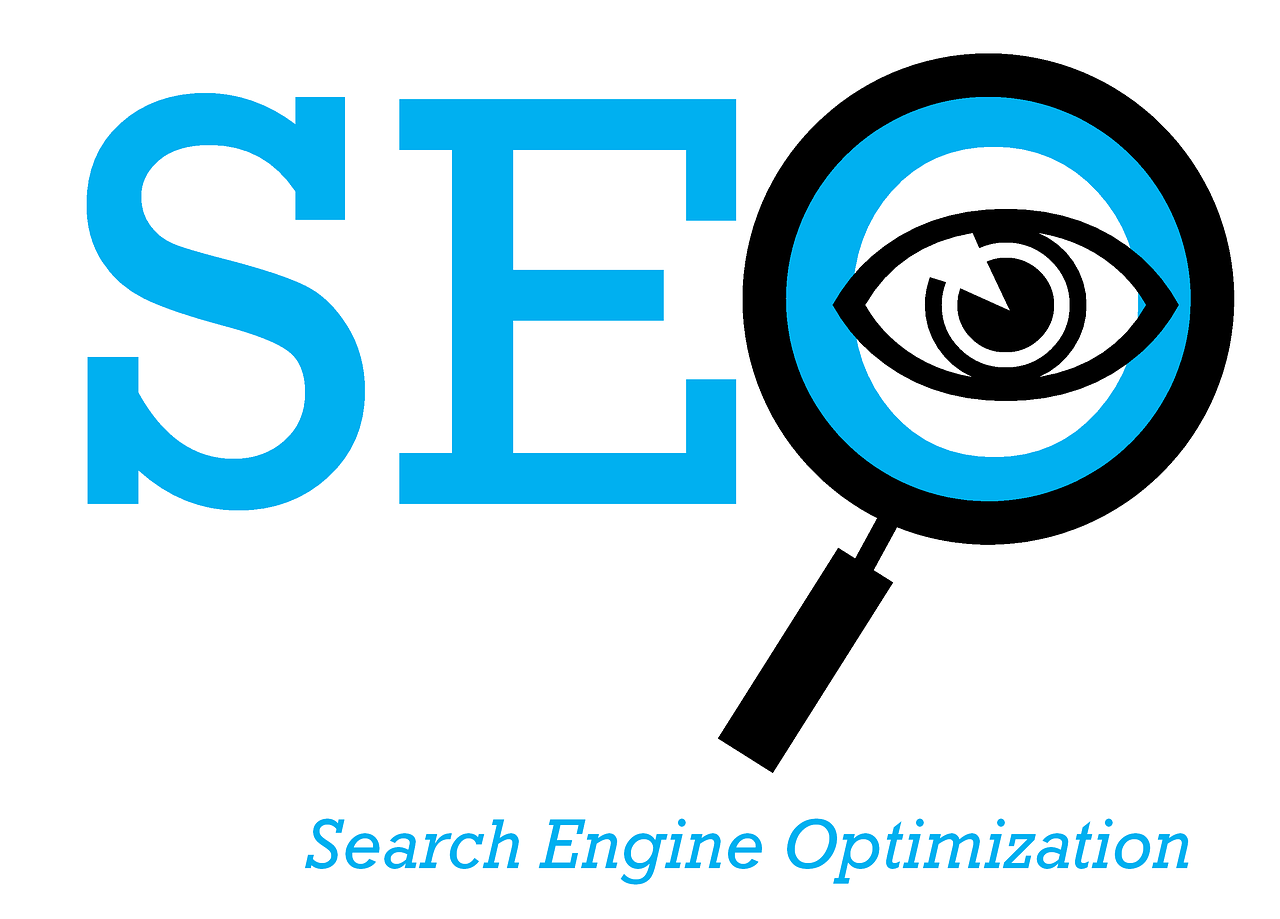Web design is an important aspect of doing business today. This is because having a great offline presence is not as critical as a great online presence in the current business environment. With customers constantly demanding for more, it is possible that even the slightest design mistake can hurt their experience and cost your business dearly. When you look at it in a traditional sense, if people visit your website and fail to like, its equivalent a customer getting into your shop then running out, never to return. One way of ensuring that your website meets the expectations of your customers and positions your brand well in a professional way is to use templates.
Before you start creating a website, there are several things you need to plan and pay attention to:
1. Loading speeds
How long it takes for your website to load can be the factor that makes or breaks your online business or marketing efforts. Even though the website may utilize the best technology to transition visitors from one page to another, if the page does not load with the first three to five seconds of clicking your website's link, your visitors will get bored. As such, they are likely to close the web page and not return in the future. This poses a huge risk for your business because it means a loss of potential business. When you have traffic flowing to a site that has slow loading speeds, it means those people are not able to interact with your business, so they leave without making a purchase. Using
designmodo free website templates to develop your website can help you ensure that your website loads within seconds.
2. Usability of a website
When designing a website, usability is one of the critical factors that should be considered. The owner of the website and the web designer must consider the needs of those who will be using the website. This is because the end-users are the ones who determine how successful a website will be. Though it may be a challenge for a business to develop its website without considering its own interests, every aspect of the website creation process needs to focus on the target audience. To make this happen, it is important to identify their problems, consider the questions they have and identify solutions to those problems so that your website focuses on addressing those. Going through this process enables a business to define what its target audience needs and provides it with an outline of what will need to go into developing a user-centric website.
3. Type of content
Users are extremely picky when it comes to content. As such, having a website that is easy to access, loads fast, functions well and looks great is not a guarantee that users will be willing to engage with it. Instead, their level of engagement is, to a very large extent, determined by content they find on the website.
People prefer to interact with
video content more than they want to read written content. This is why the number of views on video content exceeds 50 billion per month. To ensure that you stay on top of your game when it comes to content, consider developing a content strategy so you know how often you need to update your content and the kind of content you need to be providing your audience.
Bottom line is - keep your website content informative, breezy and fun to read or view so your visitors remain hooked. Some of the content formats you want to use on your website include slideshows, images, videos, embedded posts, and social media posts.
4. Search engine optimization
Any business that develops a website to market its products or services must not overlook search engine optimization. On the contrary, such a business should aim for a fully optimized website. During the site development process, a business should understand how search engines work in order then take deliberate steps to optimize its website. The idea behind search engine optimization is to ensure a website ranks highly on search engines so that people are able to find it easily.
5. Mobile responsiveness
People want to access websites on their mobile devices and there are statistics to back this up. 48% percent of online users say that whenever they visit a website that not load on mobile devices, they conclude that the company that owns it does not care. Further, data shows that over 70% of online searches are conducted through mobile devices. For these reasons, businesses need to keep tabs on the mobile responsiveness of their website to ensure they do not miss out on possible customers. Mobile optimized sites adapt the orientation, screen size and pixels of mobile devices.
6. Social media integration
Social media integration is an integral part of optimizing a website. With high numbers of people engaging companies via social media, integrating your website with social media is no longer a choice but a necessity. Your customers and competitors are all on social media. As such, connecting with customers and prospects on those networks is more valuable to your business and ensures that you do not miss out on opportunities.
7. Compatibility with browser
There are different browsers in the market today - from Firefox, Google Chrome, Safari to Opera and Tor. To enable your customers to access your website on any browser, consider that your site is compatible with major browsers across the globe. This is important because people are likely to use any of the popular browsers to view your website and if it does not load on those browsers, you risk losing business.
At the same time, ensure your website is running throughout. If it has an issue that causes it not to function, have it fixed within 24 hours to ensure your customers are not inconvenienced. This means ensuring that you have a support system that can swing into action as soon as you realize there is a problem.




